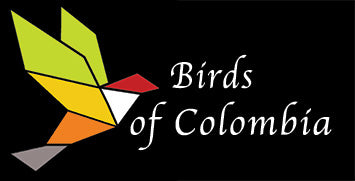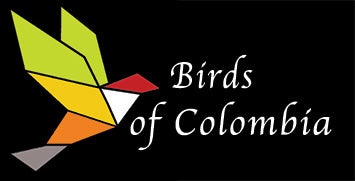Lora Patinegra
Black-legged Parrot
Pionites xanthomerius
Song
Black-legged Parrot
Appearance: The Black-legged Parrot has a predominantly green plumage with a red patch on the belly and a blue crown. They have black legs, as their name suggests, and a distinctive red patch on the shoulders.
Habitat: These parrots are found in humid forests, typically at elevations between 500 and 1500 meters above sea level. They can also be found in forest edges, clearings, and plantations.
Behavior: Black-legged Parrots are social birds that are often seen in small flocks. They are known for their playful and curious nature, and they have a variety of vocalizations that they use to communicate with each other.
Breeding: Black-legged Parrots typically breed between March and June, building their nests in tree cavities. They lay 2-3 eggs, which are incubated by both parents for around 25 days.
Conservation Status: The Black-legged Parrot is listed as Near Threatened.
Distribution
These parrots are often seen in small flocks or pairs, foraging for fruits, seeds, and nuts in the tree canopy. They are found on the Amazon Basin.
Taxonomy
The Black-legged Parrot (Pionites xanthomerius)
- Kingdom: Animalia
- Phylum: Chordata
- Class: Aves (Birds)
- Order: Psittaciformes
- Family: Psittacidae
- Genus: Pionites
- Species: Pionites xanthomerius
Vocalization
The vocalization of the black-legged parrot is described as a loud, raucous screech or squawk. They are known to be quite vocal, especially during the early morning and evening hours. Their calls can be heard from a distance and are used for communication with other parrots in their flock.





